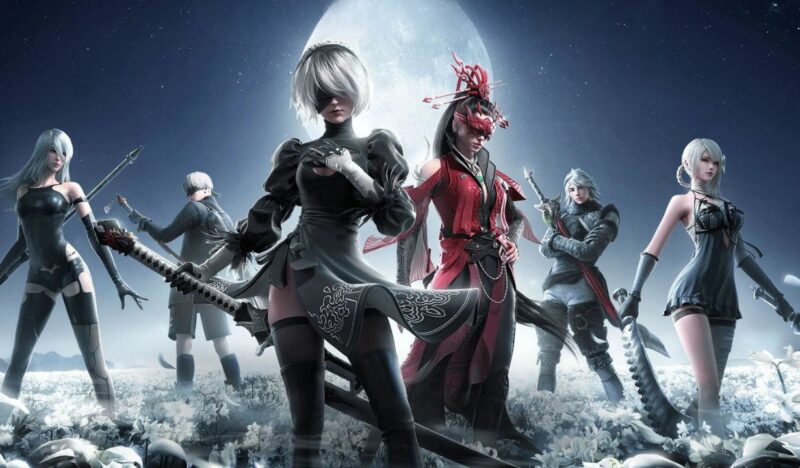Tencent struggled to formulate a viable monetization model, leading to the project’s cancellation, which had been in development for nearly two years. Reuters reported the decision depending on sources familiar with the matter. The development costs and franchise rights of the “Nier” mobile game were deemed too high.
Tencent, headquartered in Shenzhen, faced difficulties leading to the project’s abandonment. Both Tencent and Square Enix, the Tokyo-based developer of the “Final Fantasy” franchise, declined to provide official comments.
Square Enix, known for its success with titles like “Nier: Automata,” revealed last year that the latest game in the “Nier” franchise had sold over 7.5 million copies since its 2017 release for computers and consoles. The cancellation of the mobile game highlights potential challenges in Tencent’s long-standing strategy of adapting successful console and PC games into mobile versions.
As the world’s largest gaming company, Tencent had pursued an aggressive approach, signing licensing deals with popular franchises and outbidding rivals like NetEase in some cases. However, Tencent’s Chairman Pony Ma acknowledged on Monday that the gaming business, which contributes over 30% to the company’s revenue, was facing threats due to the underperformance of recent games.
Despite significant progress in developing the “Nier” mobile game, including a playable internal demo showcasing the robust story and combat designs, Tencent opted for cancellation. Fortunately, no job losses were reported as affected employees were allowed to transfer to other Tencent units.
The financial intricacies of mobile games adapted from famous computer and console games, known as intellectual property (IP) games, contributed to Tencent’s decision. High royalty fees, ranging from 15% to 20% of sales, coupled with additional costs like the App Store’s 30% cut and marketing expenses, resulted in slim profit margins.
Tencent’s struggle to find a new global hit from an IP game since 2020 puts the company under increasing pressure. Competitors like miHoYo and NetEase have achieved significant success with hits based on their own IP games, such as “Genshin Impact” and “Eggy Party.”
In an attempt to revive its fortunes, Tencent aims to launch several IP games for smartphones in the coming years, including titles like “Delta Force,” “Need for Speed,” and “Assassin’s Creed.” The success of these ventures will likely play a crucial role in determining Tencent’s standing in the fiercely competitive game industry.
NEXT: Why did Apple’s new App Store policy create a backlash from the industry?





